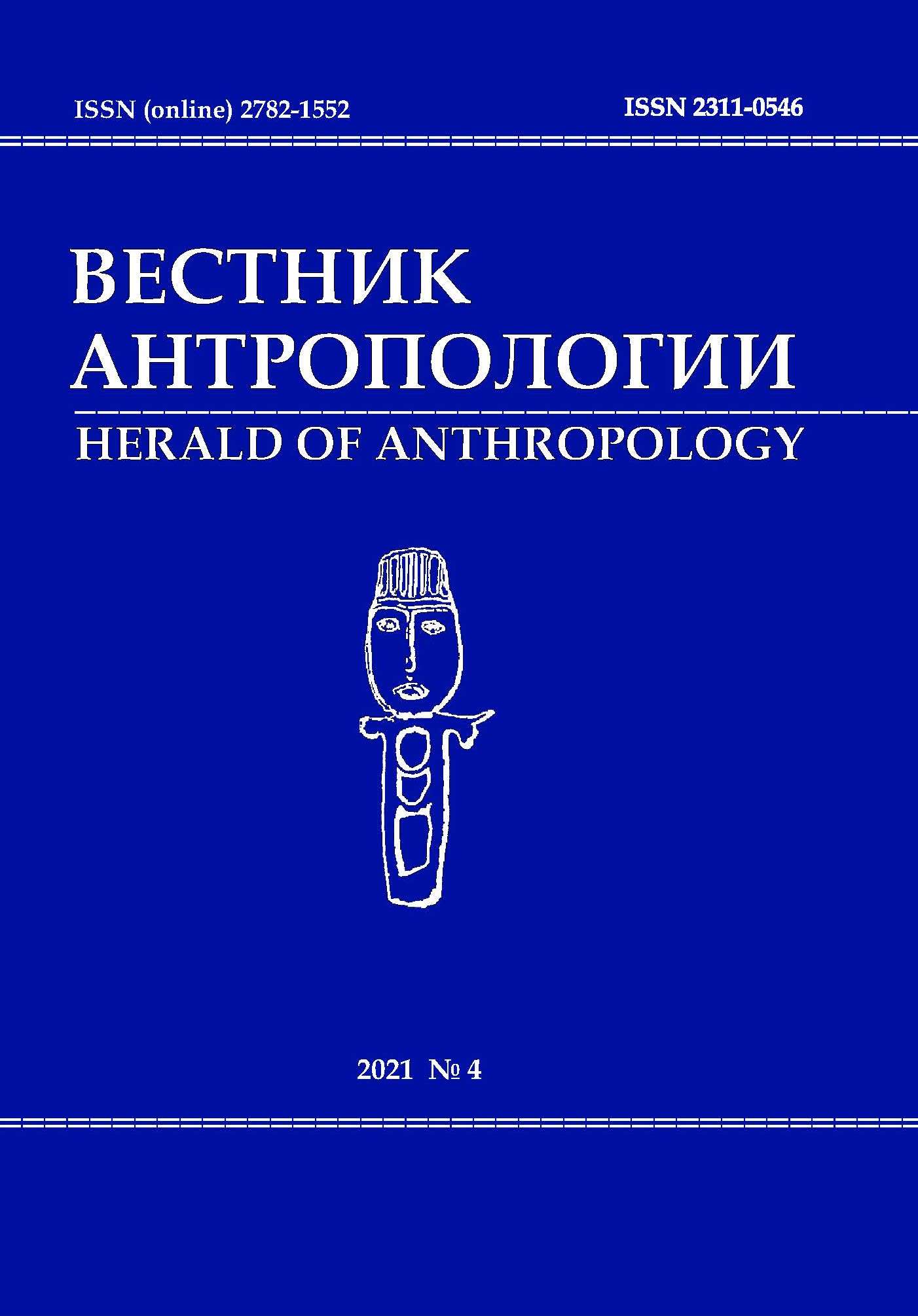“The word alimentshik frustrates me”: the legal aspects of alimony payments for children (1917–1960).
DOI: 10.33876/2311-0546/2021-4/191-200
Keywords:
алименты, семейное законодательство, советский гендерный порядок, материнство, отцовство, детствоAbstract
The article shows that in Soviet society, alimony payments were an essential part of the gender order. The author claims that declared gender equality in the USSR was sharply contrasting with the after-divorce practice of children remaining with their mothers by default and fathers ordered to pay alimony. Based on different sources (laws, periodic press, letters to the authorities), the study analyses the formation of alimony legislation in the USSR from 1917 to 1969, which reflected the main trends in the construction of gender norms and roles in the Soviet family.
According to the author, although alimony payments were considered a men-specific obligation, Soviet mothers were obliged to control men's alimony payments. «Alimentshiki» fathers, in turn, viewed child support as an unfair and unnecessary financial burden and used the rhetorical strategy of a "weak" father to reduce child support payments.
For Citation: Voronova, E.A. 2021. "The word alimentshik frustrates me": the legal aspects of alimony payments for children (1917-1960). Herald of Anthropology (Vestnik Antropologii) 4: 191-200.





















